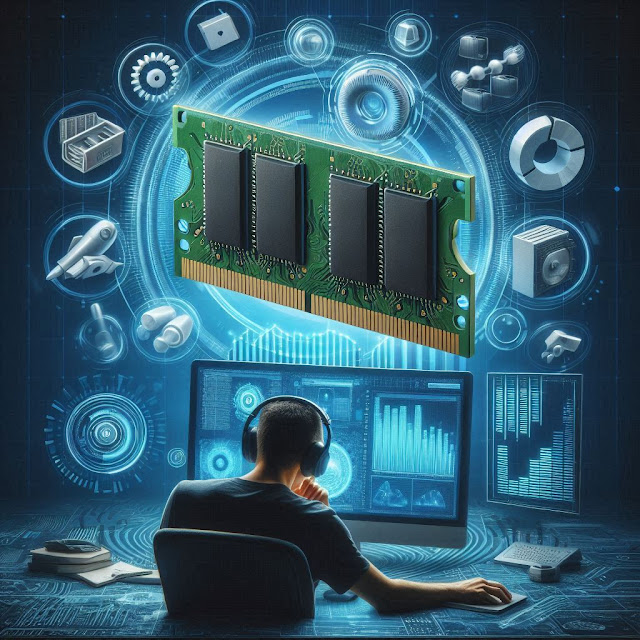Introduction
Experiencing strange sound problems on your PC due to faulty or incompatible RAM? While memory issues usually affect performance, they can also lead to audio glitches, crackling sounds, or even complete sound failure. This guide explores effective solutions to fix sound problems linked to RAM.
1. Identify the Issue
Before assuming RAM is the culprit, check these common symptoms:
Random audio distortions or stuttering.
System crashes when playing sound-heavy applications.
No sound output after upgrading or replacing RAM.
2. Check RAM Compatibility
Incorrect RAM configuration can cause system instability affecting sound drivers. Ensure:
The RAM sticks are properly seated in the motherboard.
The memory modules match your system’s specifications (speed, voltage, and compatibility).
3. Update Sound Drivers
Faulty or outdated drivers can cause sound issues:
Press Windows + X, select Device Manager.
Expand Sound, video, and game controllers.
Right-click your audio driver and select Update driver.
4. Adjust Virtual Memory Settings
If RAM is causing sound stuttering due to insufficient memory allocation:
Go to Control Panel > System > Advanced System Settings.
Under Performance, click Settings > Advanced > Virtual Memory.
Increase the paging file size or set it to System Managed Size.
5. Run Memory Diagnostics
To check for faulty RAM:
Press Windows + R, type
mdsched.exe, and hit Enter.Choose Restart now and check for problems.
Let Windows scan for memory errors.
6. Check Audio Latency and Performance
High memory usage can cause latency issues, affecting audio playback:
Use tools like LatencyMon to analyze audio processing delays.
If latency spikes appear, try reducing background processes and upgrading RAM.
7. Reinstall Audio Drivers
If RAM errors have corrupted audio files, reinstall the drivers:
Go to Device Manager > Sound, video, and game controllers.
Right-click the audio device, select Uninstall, then restart your PC.
Download and install the latest audio driver from your manufacturer’s website.
8. Reset BIOS or Enable XMP Profile
Incorrect RAM settings in BIOS may cause performance drops, including sound issues:
Restart your PC and enter BIOS (F2, Del, or Esc key).
Look for RAM settings and enable XMP if available.
Reset to default settings if problems persist.
Conclusion
While RAM-related sound issues are uncommon, they can disrupt system stability. By checking compatibility, updating drivers, and optimizing memory settings, you can restore audio performance effectively. If problems persist, consider replacing faulty RAM modules or seeking professional assistance.



